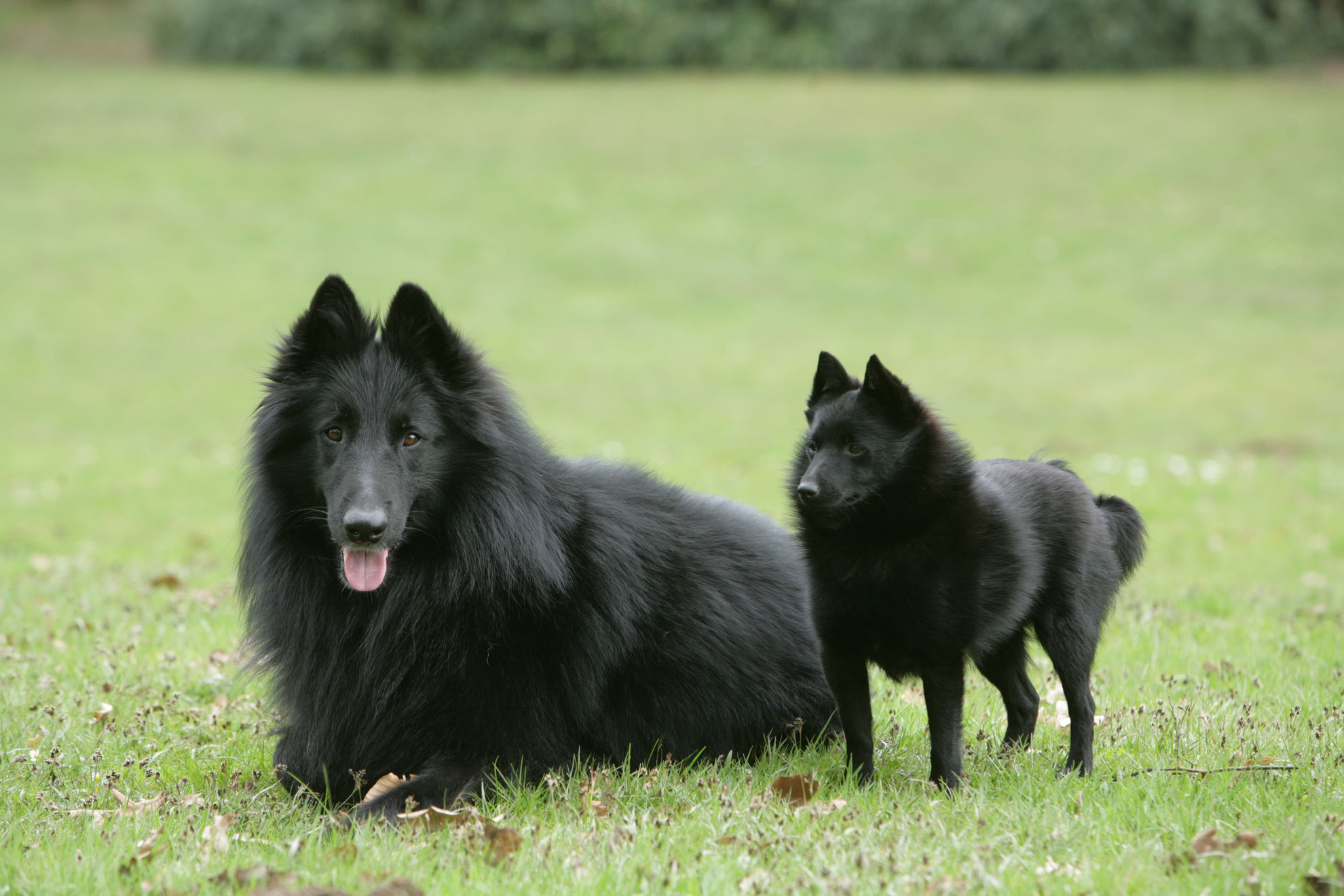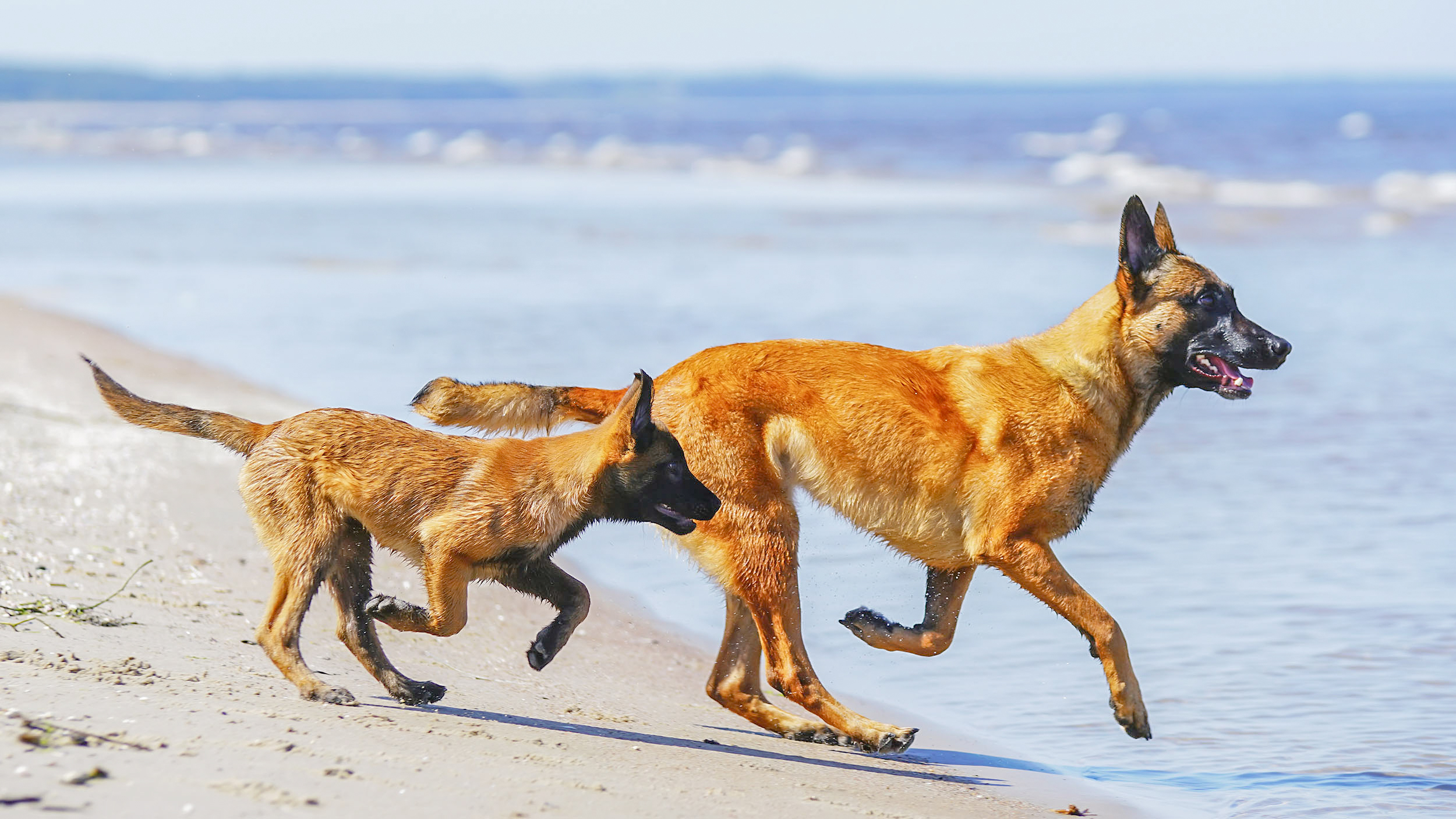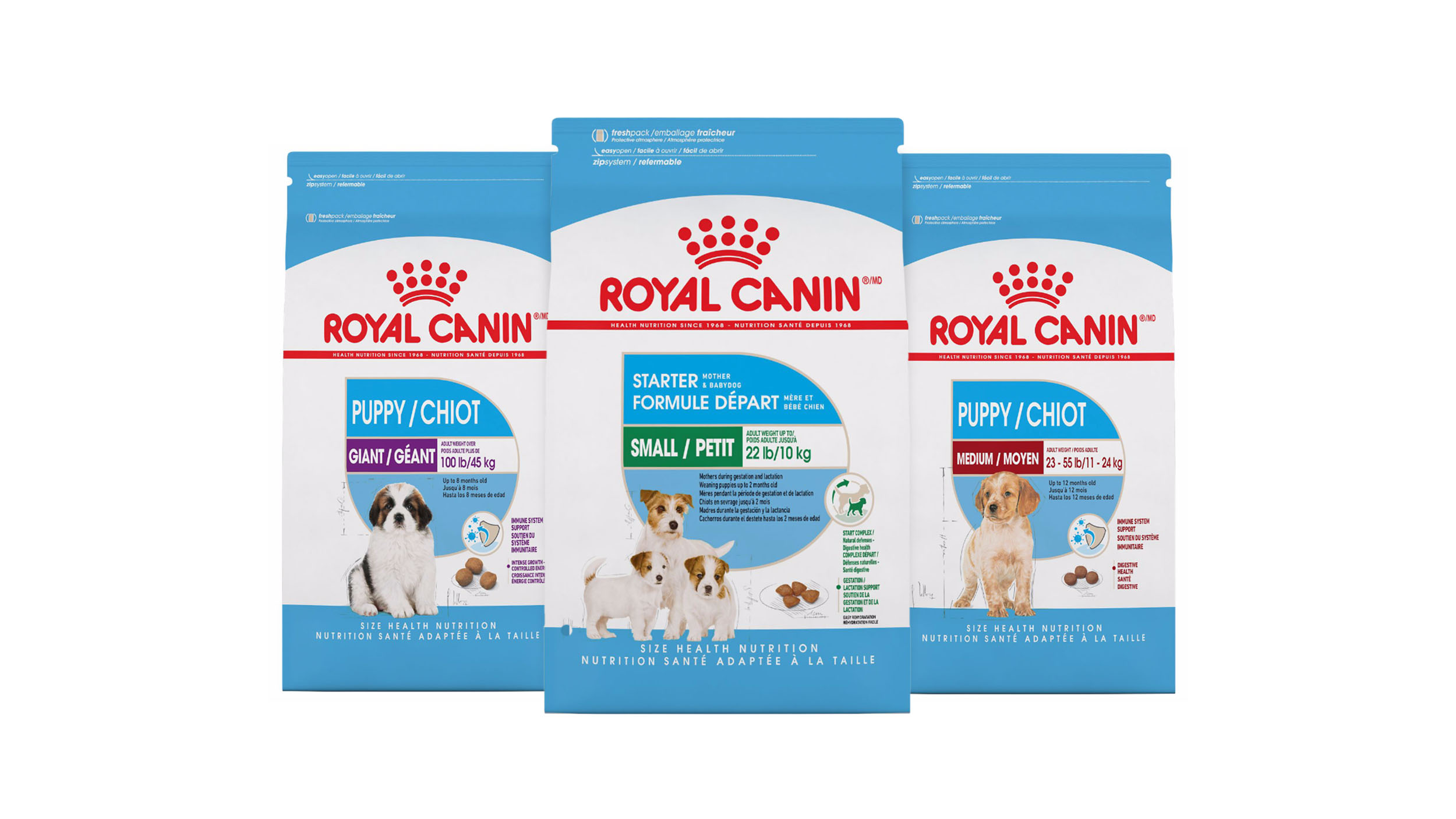When does my puppy become an adult dog?
Article

Your puppy has its own unique personality and appearance – but it also has unique nutritional needs. As it ages, what your pup requires from its diet will change until they eventually become a healthy adult dog. But what exactly do they need, and when are they officially an ‘adult dog’?
When does a puppy become an adult dog?
The age at which your puppy becomes an adult dog will depend on its breed and size. All breeds are categorised into five sizes of dog: x-small, small, medium, large and giant. Your puppy will become an adult dog at the following ages:
- X-small breed (4kg): eight months
- Small breed (5 - 10 kg): 10 months
- Medium breed (11 - 25kg): 12 months
- Large breed (26 - 44kg): 15 months
- Giant breed (45kg and up): 18 to 24 months
The different classifications of when your puppy is an ‘adult dog’ are due to the length of the growth phase for different-sized breeds; large and giant dogs take a lot longer to fully mature than smaller dogs, although all of them have an intense growth spurt.
What a puppy needs from its diet
A puppy’s body is going through significant changes as it grows rapidly, whatever size or breed it is. Puppies require greater calcium in their diet than adult dogs to support the proper development of their skeleton.
They also need more protein, as they are rapidly building muscle and other body tissues. Their food should be more energy-dense than a fully-grown dog’s, as they are unable to eat as much but need plenty of energy to support their developing physiology.

Unique problems with puppies
Your puppy’s diet and care will need to take into account two specific problems which affect young dogs far more than adult dogs: their delicate digestive system and their reduced immunity.
A puppy has a weaker digestive system than an adult dog, particularly immediately after they’ve been weaned, and it’s easily upset by changes in environment or new foods. They need to be given a food which is the right size, shape and texture to make it easy to eat, and highly-digestible so they can get all the nutrients they need from it without it causing stomach upsets.
Between the ages of four to 12 weeks, puppies enter a phase called the ‘immunity gap’. This is where their mother’s immune support, passed through her milk, is lessening but their own natural defences aren’t fully developed. During this time their diet is a key way to support this process and boost their immunity through nutrients like vitamin E.
Changing from a puppy to an adult dog diet
Once your puppy reaches maturity, you can transition their diet and care so you’re making sure they get exactly what they need now they’re fully grown.
Adult dogs need two meals a day, and a food which is nutritionally-balanced to give them the energy they need without too much fat. You can transition to a new food gently by introducing it slowly over a week: mix it with their puppy food, gradually increasing the percentage of new food, so your dog gets used to it.
Related Articles

Tailored nutrition for your puppy
A range of formulas that help build their natural defences, support healthy growth and digestive system development.
Like & share this page